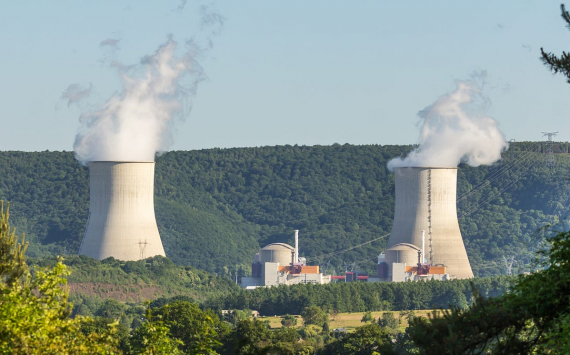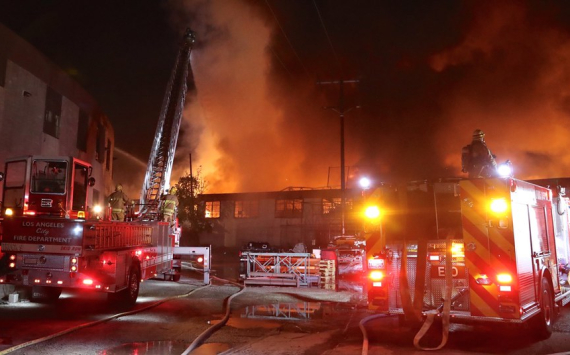
Nuclear Crossroads
Georgia Power Co. seeks approval from state utility regulators for a critical deal regarding the construction of new nuclear reactors. The Public Service Commission is currently in hearings on this matter, amidst opposition attempting to prevent the utility from collecting any cost overruns for the reactors at Plant Vogtle.
Plant Vogtle, housing Unit 3 and Unit 4, marks the first new American reactors built in decades. With the capacity to power 500,000 homes and businesses without emitting carbon, their significance is pivotal. However, the project has faced setbacks, with a current cost of $31 billion for Georgia Power and other owners, reaching nearly $35 billion when factoring in additional expenses.
Current Situation
The proposed deal, announced by Georgia Power in August, is under scrutiny in hearings that began on Monday. The plan involves an $8.95 increase per month for typical residential customers, in addition to the $5.42 already collected by Georgia Power. The five elected Republican commissioners are set to vote on the $7.56 billion proposal on December 19, which would increase a standard monthly residential bill by almost 6%.
Financial Details
The overall cost of Vogtle, including financing, stands at $31 billion. The reactors are seven years behind schedule and $17 billion over budget. Georgia Power Chief Financial Officer Aaron Abramovitz testified that the company could have sought $8.83 billion from the commission, but instead, they aim for $7.56 billion.
Perspectives
While some groups and commission staff support the deal as a reasonable compromise, there are strong opposing views. Patty Durand, a Democrat, argues that the deal fails to hold Georgia Power accountable for its failures in Vogtle’s construction.
Opposing Views and Solutions
Durand contends that the company should only receive the initially promised $6.1 billion in construction and financing costs. She urges negotiations starting from this point, emphasizing the need for a fair outcome.
Political Context and Ownership
Concerns have been raised about the political context, especially regarding the timing of the vote in relation to upcoming elections. Additionally, a breakdown of ownership reveals that Georgia Power owns 45.7% of the reactors, with smaller shares held by other entities.









































